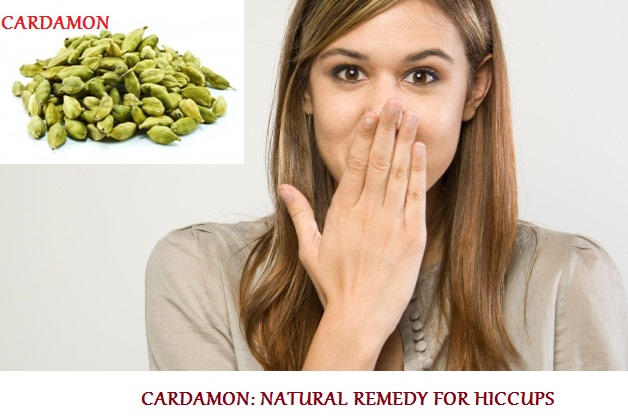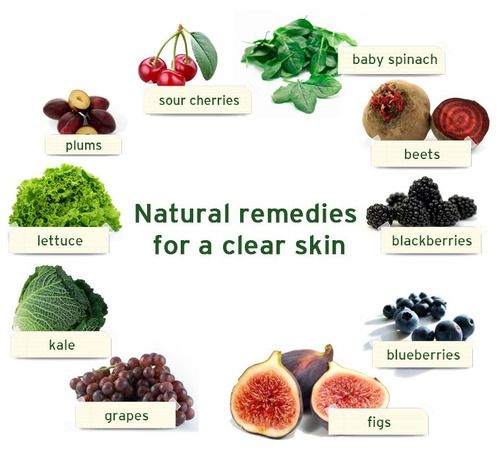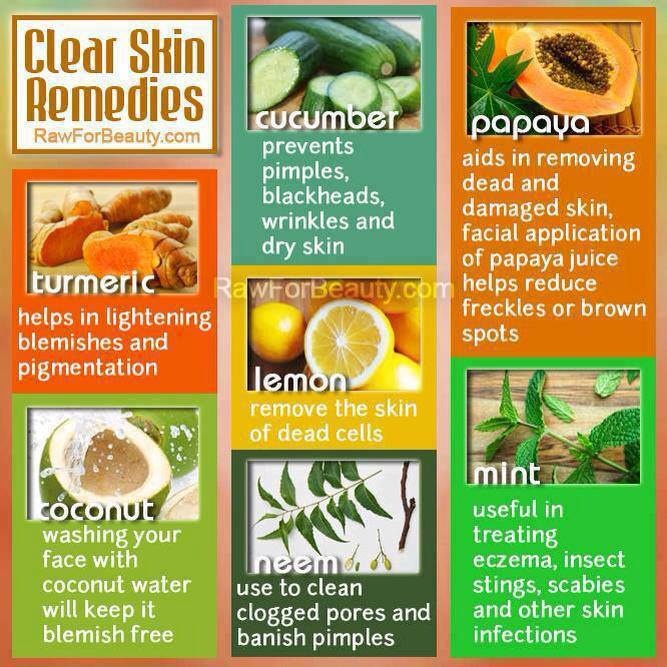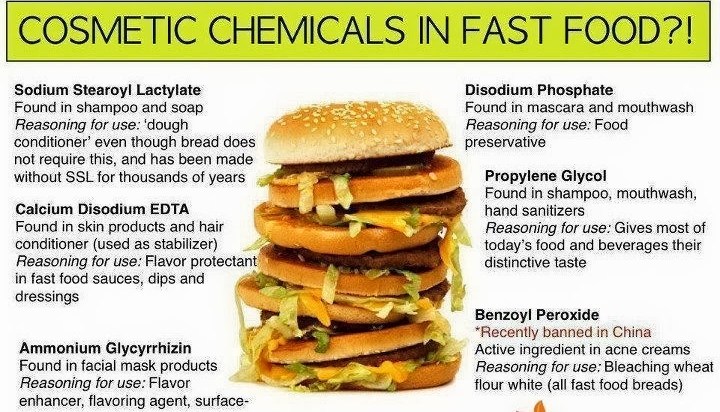According to U.S. News and World Report estimates, nearly 15 to 25 % of consumers are looking for gluten-free products. That’s crazy! Continuing growth in the gluten-free food industry is expected to continue, reaching $2.6 billion by the end of this year!
So what is gluten? Why is gluten so special? Let me start by saying that gluten is a protein. Not a carbohydrate, a protein.
Being a trained food scientist, I was shocked to find out why people were so curious what gluten -of all things- is?? I have come to the conclusion that Gluten has become a marketing phenomenon over the past couple of years and has got consumers believing it is the “healthier” option. Well, I beg to differ.

Indeed, cutting gluten does not necessarily mean cutting calories or fat, so don’t expect to drop pounds by dropping gluten from your daily diet. In addition, some studies have suggested that people who ditch gluten also miss out on several important nutrients like iron, vitamin B, and fiber. This is certainly not always the case, as a diet focused on fruits, veggies, lean protein, and gluten free grains like quinoa can actually be a whole and nutritious way of eating. But many of the ‘gluten-free’ options out there today don’t offer holistic health benefits such as the foods just listed. They are essentially “junk” food without gluten.
So you may ask why there are so many gluten-free products if gluten has no real value to the customer looking to be healthier? Well, the reason so many gluten products are on the shelf is because 80 million American’s are currently suffering with gluten-deficiency (or Celiac Disease). Additionally, this protein -gluten- is found in a lot of carbohydrate rich products… and North American’s consume a LOT of starchy products (bread/toast with breakfast – bread/sandwich with lunch – garlic bread with dinner -chips for a snack), which makes us all overweight and sensitive to gluten. Thus, it is not the gluten making you overweight, it is THE AMOUNT OF WHEAT, RYE, BARLEY = STARCH. The key is moderation. You can have a healthy weight and eat whatever you want, just in moderation.
Gluten is just the protein that allows wheat to have “elasticity” – meaning you can roll out the dough- or toss it in the air and make a great pizza crust. In fact research has shown that eliminating gluten from cookies etc. can actually make people gain weight if you don’t have a gluten allergy.
In fact, in a Doctor Oz episode (link below), a specialist was brought on who mentioned a study where 81% of people on a gluten free diets actually gained weight! If you don’t believe me, check out the video link from their website.
Valerie Edwards, a registered dietician with Providence Portland Medical Center said that just because gluten-free sounds healthy, doesn’t mean it is. “Unless you have a real problem digesting gluten, and the vast majority of people do not have trouble with gluten, there’s no reason to follow that diet,” Edwards said.
Only people living with Celiac Disease can greatly benefit from a gluten-free diet. Surprisingly, approximately one out of every 130 Americans has the disease. Celiac disease is an autoimmune condition affecting a person’s digestive tract. Please note, that gluten sensitivity and Celiac disease cannot be just self-diagnosed. One has to see a physician for proper diagnosis.






